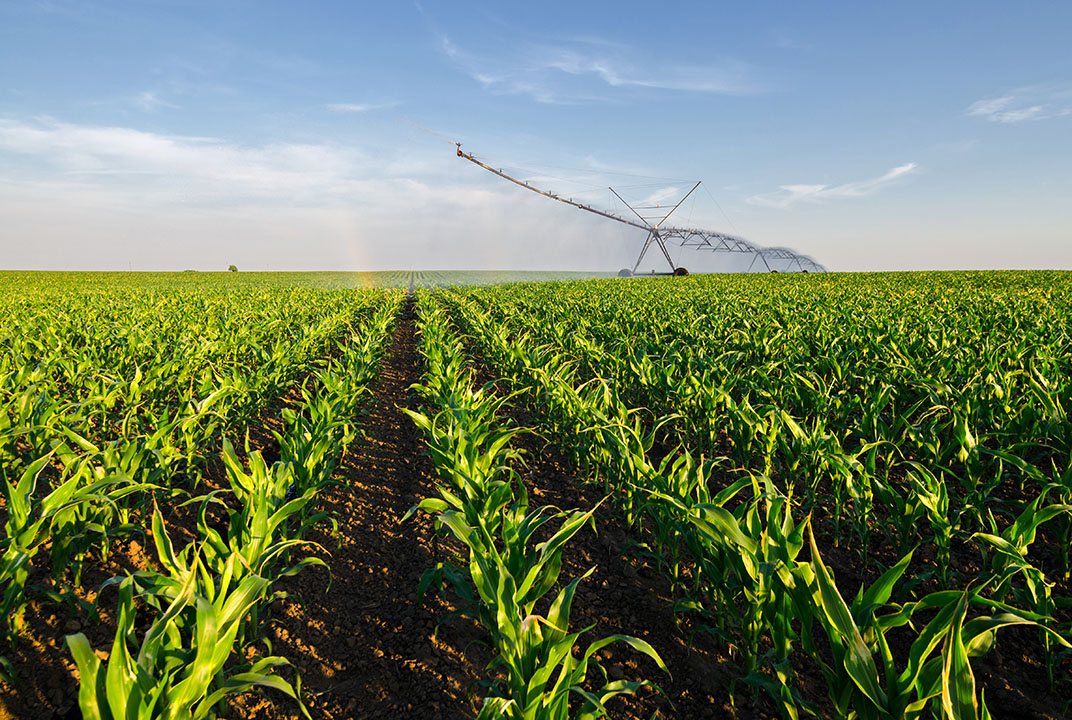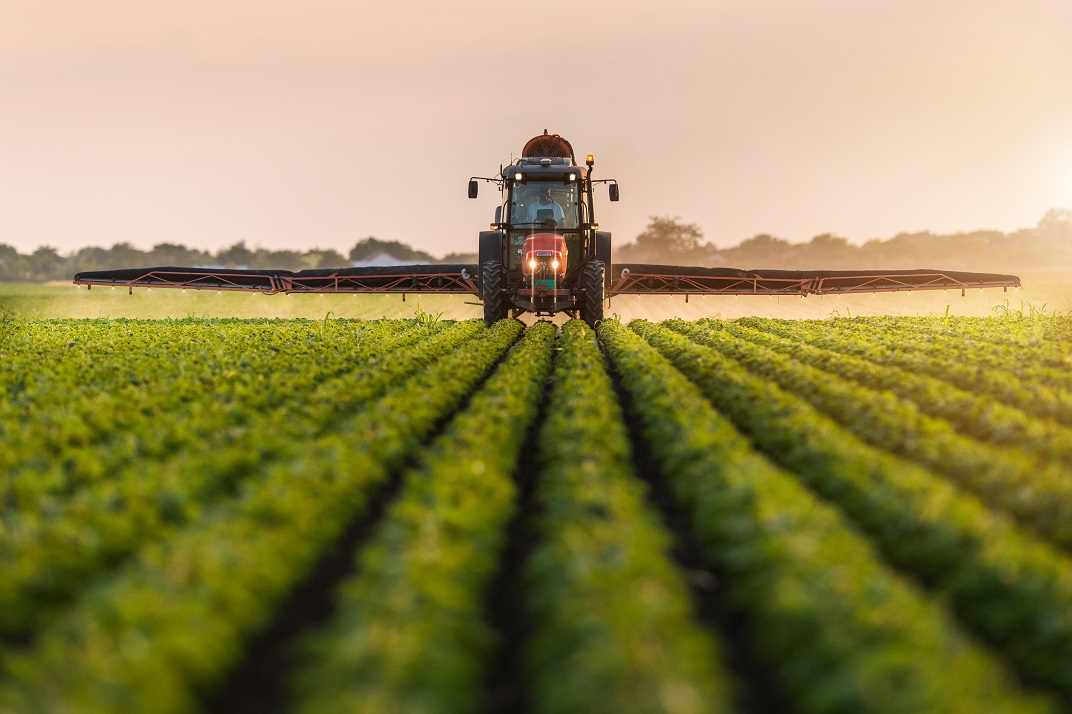Insight | What’s next for agri-tech in Australia?
What’s next for agri-tech in Australia?
null
Inmarsat Enterprise's Steven Tompkins and Nicholas Prevost report on lessons learned from the recent evokeAG event in Melbourne.
Inmarsat Enterprise recently attended the second evokeAG event in Melbourne, Australia, the region’s largest agri-food tech event. The show brings together innovators, farmers and investors from across the agriculture and food ecosystem to showcase advances in the agri-tech space.
We hoped to learn more about the high-tech side of the agricultural sector and improve our understanding of the challenges faced by the companies operating at the cutting edge. We were not disappointed by what turned out to be an informative, well organised and frankly, delicious event (thanks to the excellent produce available). Here are our four key takeaways from the event:
Technology does not need to be radical to make a difference and solve key pain points for farmers. Some of the most successful innovations we saw at the event are not new or highly complex technologies, but tools packaged in a way that makes them highly accessible to farmers and growers.
Keep it simple
A key example were tank monitoring solutions for livestock farmers, which return significant savings by reducing fuel and time spent doing manual water runs. These tried and tested sensor technologies are being combined with other reliable solutions to make them accessible for growers. A prime example is the use of Inmarsat’s own L-band satellite connectivity to send data from paddock to platform in real-time. The key message here is keep it simple, focus on the value proposition to the end user, and package in way that makes it easy to understand and use.
Water – our most precious resource and a key focus for agri-tech
Unsurprisingly, water, drought and water management policy were recurring themes at evokeAG. With the recent fish kills in the Murray Darling basin and drought conditions affecting much of inland Australia, this topic will continue to be important to regional producers for years to come.
Irrigation and water management is the single biggest factor affecting crop yields and quality, and the event gave a platform to a number of innovative technologies for remote monitoring and optimisation of water resources in agricultural environments. This is crucial, as traditionally making the right decision on how much water to apply according to crop needs has been complex, which inevitably can lead to risk reduction strategies such as over-watering.
Having the right data at the right time is crucial for success. This is not just important for farmers but also for state governments that have direct interests in conserving and managing water flows in their regions and who attended the event to scout the tools available to help them achieve this.
Nurture the next generation to make agri-tech successful
Developing, rolling out and scaling agri-tech requires a new set of skills that traditionally have not been present in the agriculture industry. A successful future for technology in the sector will depend on having the right talent. The event was punctuated by appearances from participants in the evokeAG Future Young Leaders (FYL) programme, which has been designed to identify emerging thought leaders in the agri-tech space. The programme gives them a platform to address an international audience and present their passion, research, concerns and hopes for their industry.
The presentations were both refreshing and informative, demonstrating the enthusiasm for an agricultural sector which is becoming ‘cool’ again thanks to the widespread adoption of advanced technologies. Nurturing and attracting this talent will be crucial for Australasia to be a leader in agri-food tech, while allowing its own farmers and growers to stay competitive.
Reliable connectivity is key
The connectivity theme continued throughout the event with a panel discussion on the uptake of real-time monitoring, data collection and IoT, commenting on the considerable advantages in output that can be harnessed when appropriate infrastructure exists. It became apparent during the Q&A that there are concerns around plans to decommission 3G services in Australia which provide a vital service in connecting agri-tech devices in remote areas.
There is a clear gap here that needs to be addressed by narrow band connectivity providers to ensure the industry is able to remain competitive in the global market. Satellite has a huge role to play here as a cost-effective, flexible technology that can fill the gap in areas of low connectivity.
From irrigation to robotics, carbon farming to new emerging food groups, evokeAG looked to change the status quo and challenge the agricultural and food industry to go beyond traditional farming practices. Many of these changes require readily available connectivity to ensure the maximum benefits are achieved.
Inmarsat is already working with several leading agri-tech partners in Australia to enable their innovations to connect wherever they are located. This enables them to access the market and farmers to take advantage of technology without being dependent on reliable cellular infrastructure. We see a hugely bright future for agri-tech in Australia and look forward to attending the next evokeAG!
About the authors
Steven Tompkins is Director of Agriculture for Inmarsat Enterprise. He is responsible for using the organisation’s market leading high-speed data communications and global IoT capability to build practical solutions for a digitally connected agriculture sector. Steven has extensive experience consulting for large private and public sector organisations in the agri-food industries, building and running complex projects to improve agricultural productivity and sustainability across multiple geographies. He joined Inmarsat from a leading agricultural research organisation in the UK (NIAB) in which his focus was to take new science and knowledge and turn it into practical tools and technologies for farmers such as yield forecasting models and precision irrigation technologies.
Nicholas Prevost joined Inmarsat in February 2019 to support sector development and innovation in the Asia Pacific region. He holds an MSc in surveying, land and environmental management from the Universtiy of Exeter and submitted a thesis on the precision monitoring of polar ice melting using remote sensor technology. He has also worked on Environmental Impact Assessments for major civil engineering contractors requiring a significant level of environmental IoT for benchmarking. Nick has experience using advanced technology in the field as a surveyor and has spent time working on remote monitoring using precision instruments. He takes satisfaction from improving efficiency and safety through application of technology.


